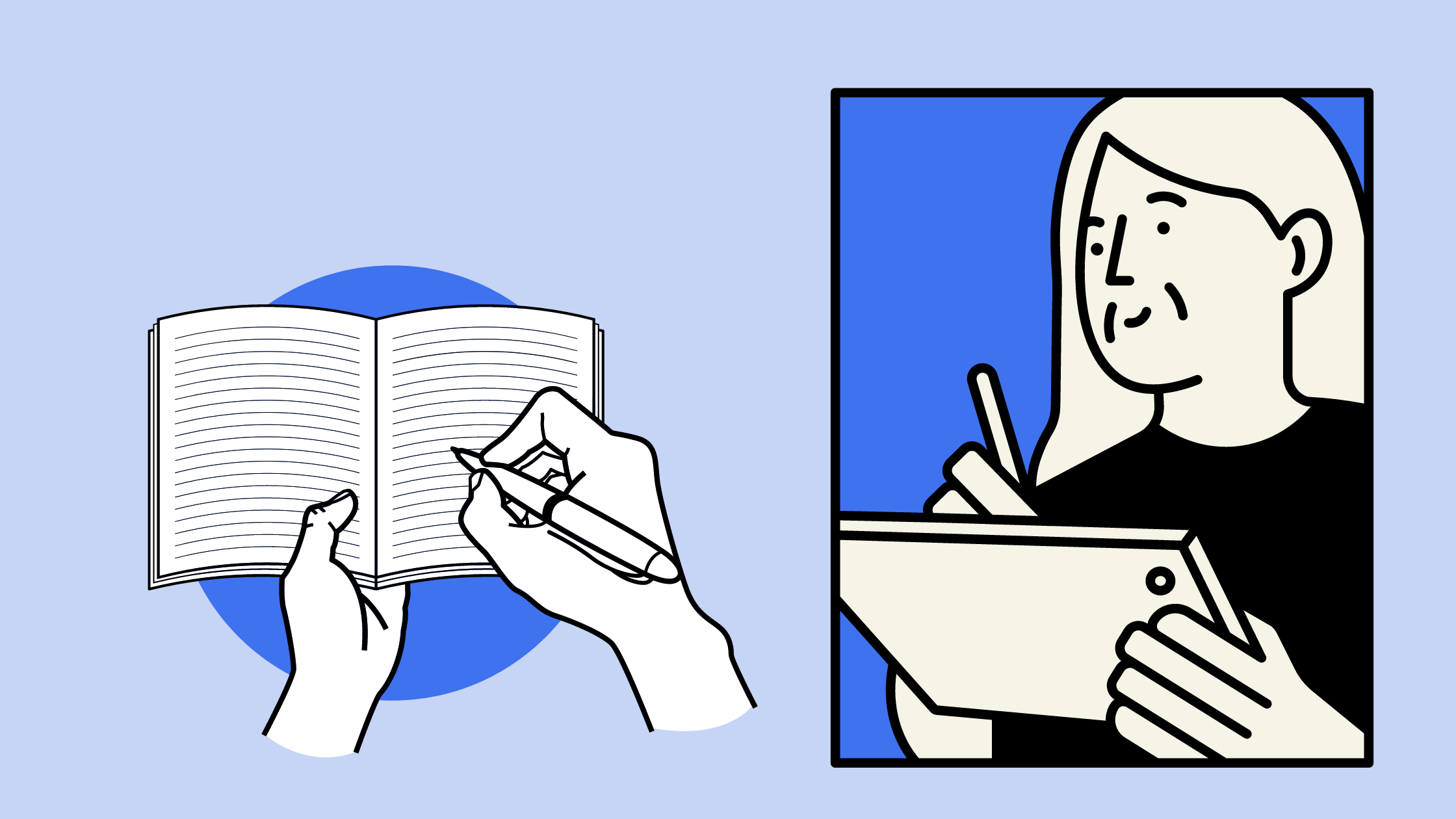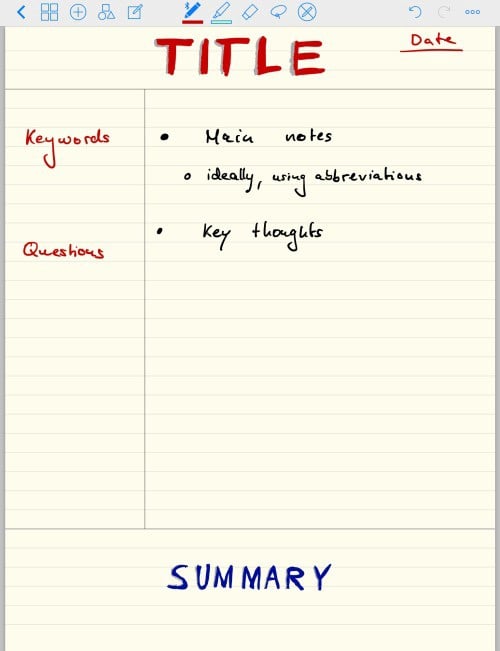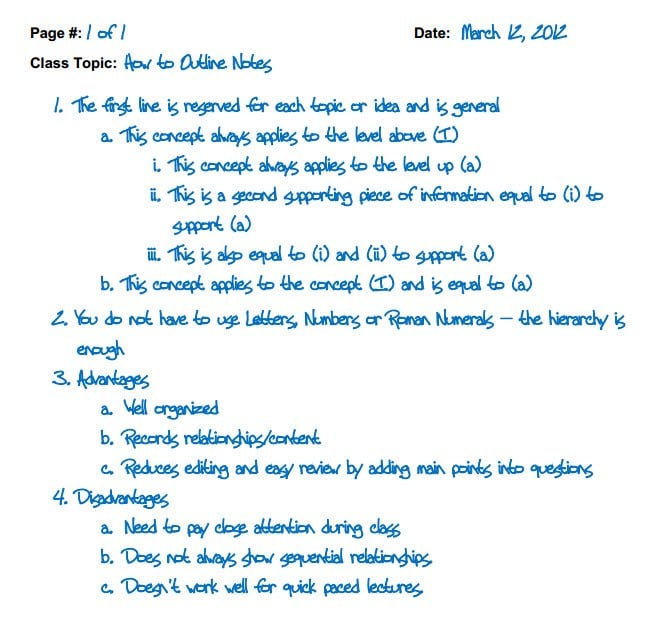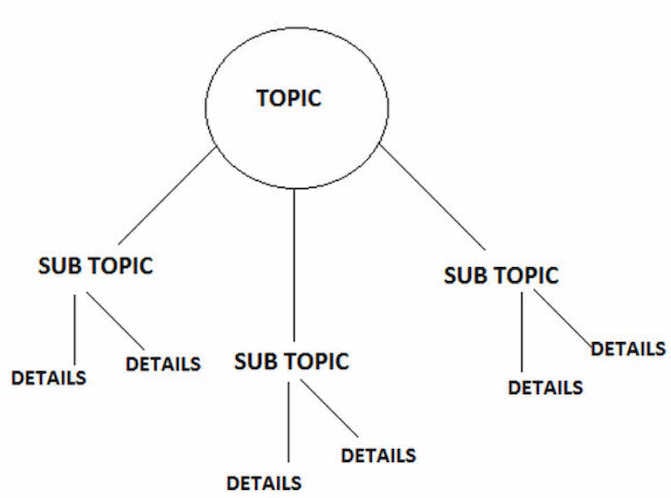7 Tips for Taking Effective Notes
Many psychology degree classes involve lectures from professors and discussions among classmates in semesters or tutorials. Taking notes during these lectures and discussions is an important part o...

Why Taking Notes is Important
Many psychology degree classes involve lectures from professors and discussions among classmates in semesters or tutorials. Taking notes during these lectures and discussions is an important part of the learning process if you want to do well as a psychology student.
Research has shown that note-taking improves students’ learning. Here are a few of the ways note-taking enhances your learning:
- Listen more carefully during psychology class lectures
- Helps you remember important concepts emphasised in class
- Provides insight into information that will be on tests and exams
- Allows you to organize concepts in your own terms, making it easier for you to understand them
- Lets you identify questions or gaps in your knowledge for further explanation
- Gives you material to reference when studying
- Helps you feel more organized, prepared, and confident
7 Tips for Taking Effective Notes
There is no right or wrong way to take notes, but there are some helpful tips that can make note-taking easier and more useful for studying. Feel free to try different methods and develop the style of note-taking that is most effective for you.
Tip #1: Write notes out longhand
Since the digital revolution, typing has become a more common means of taking down information than writing it out longhand. In many cases, that’s not an issue, but when it comes to learning, doing things the old-fashioned way might be better. There is evidence that suggests handwriting notes leads to better retention, as the process of writing longhand engages different parts of the brain than typing.
If you don’t feel confident in your ability to keep up with your psychology professor by writing down notes, taking notes on a computer is better than not taking notes at all; just be sure you don’t get distracted by email, social media, or other websites when you’re supposed to be listening. However, typing will not trigger encoding of memories as much as muscle memory from writing with a pen will - so make sure to spend time revising your notes each week.
Tip #2: Be prepared for class
Go to your psychology class prepared with everything you’ll need to take notes. Have a dedicated notebook and folder or binder for each class. This will help you keep your notes, handouts and homework organized. Remember to bring pens, pencils, and highlighters. Take a binder or folder where you can organize your notes or any handouts you receive during class.
If you’re taking notes on a computer, there are a number of note-taking apps that can help you keep your information organised.
Ask your professor if you can record lectures and discussions during class (if they don't provide recordings automatically). This can be helpful in case you miss a key piece of information, or want to clarify statements after class has ended.
Finally, write and complete weekly lecture notes before attending weekly group tutorials, so you can actively engage in group discussions to cement your knowledge
Tip #3: Learn how to be a good listener
To take effective notes, you need to have excellent listening skills and good judgment. Cut down on distractions by sitting near the front of the room. This will make it easier for you to see and hear the professor, and perhaps more importantly, for them to see you. It’s harder to get distracted by your phone or doze off when you’re right in front of the instructor. If it will be tempting to talk to friends during class, sit separately, so you can focus your attention on the discussion at hand.
Taking good notes does not mean writing down every single thing your instructor says. Trying to transcribe the lecture likely means you won’t process any of the information you’re receiving.
It is your job to discern what is important enough to write in your notes, a skill that can take some practice. Generally speaking, it’s a good idea to take notes when:
- The instructor specifically says that a piece of information will be on a test or relevant to a project
- The instructor writes a piece of information on the whiteboard or chalkboard, or includes it in a slideshow
- Another student asks a question, or the instructor asks students questions about a particular topic
- The instructor stresses a key concept
- The instructor introduces an unfamiliar term or idea
- You are unsure about a piece of information that’s being presented
Tip #4: Find the note-taking method that works best for you
It is important that you develop a note-taking method that suits your learning style and works best for you. Again, there may be some trial and error here, until you find the best note-taking method for you. Here are some effective note-taking methods:
- Cornell method: Pictured below, this note-taking method was developed at (you guessed it) Cornell University. It helps you organize your notes into three sections – general notes, summaries, and cues, or question – making it easier to reflect and study after class.

Source: goodnotes.com
- Outline method: This method is most useful for lectures and discussions that follow a logical structure covering one or two main ideas at a time. It allows you to start with a key concept, and add in details and definitions relevant to that concept as sub-headings.

Source: google.com
- Mapping method: If your instructor’s lectures don’t always follow a logical, organized framework, then the mapping method might be a better fit for your note-taking. This allows you to jot down ideas and definitions in a non-structured way as they come up, and then connect and organize them later.

Source: imperial.ac.uk
- You can also combine methods, or develop your own. Other helpful note-taking tips include using different colored pens and highlighters to make certain words or ideas stand out; using abbreviations and symbols to make writing faster, and paraphrasing the material to make sure you understand core concepts.
Tip #5: Compare notes with other psychology students
Comparing notes with other students is an effective yet underutilised strategy. Many students only ask to see other students’ notes when they’ve missed a class. By comparing notes with others, you gain perspective and see what other students in the class found to be salient information.
Collaborating and discussing topics covered in class not only helps you to better understand content for an upcoming test, but it also gives you valuable insight about how other students have learned to succeed in classes taught by even the most demanding professors. Get to know some of the best note takers and schedule a time after class each week to compare notes. This is also an opportunity for you to test your command of the material by attempting to explain it to others.
Explaining concepts to other people in simple words will strengthen your understanding and capacity to recall information later in exams or assessments when necessary. Humans retain 20% of what we hear, 50% of what we write, and 90% of what we apply or speak - so talk frequently with people. Teaching is the fastest way to cement your knowledge.
Tip #6: Review, edit, and organise your psychology notes
After class, it is a good idea to review your notes and make any edits necessary. Oftentimes, notes become messy and disorganized because you are trying to keep up with the professor during the lecture. It is worth the additional time to rewrite your notes in a more organized way. Also, research any terms or concepts you didn’t completely understand during the lecture.
Additionally, in order to protect the content you’ve spent hours creating, you’ll need to keep your notes in an organized, safe place. Clearly label the binder or folder you are using for each class. If you are taking notes on your laptop, save them in the cloud, or create a backup file on a zip drive in case your computer crashes the night before a test. Regardless of whether you take handwritten or electronic notes, you should date your notes and reference any chapters in your textbook that your notes correspond to for easy lookup later.
Tip #7: Take notes while studying and reading
Lectures and discussions aren’t the only times when you should be taking notes as psychology students. It’s also important to take notes when you are doing your reading assignments and homework. Taking notes when you are reading will help you actively engage with the material, identify questions to ask in class, and remember key concepts to bring up during discussions. If you are using a textbook you own, or working with a PDF of a document, you can take notes and highlight information right in the reading material itself, making it easier to locate your notes when it comes time to study.
Happy studying psychology family!


